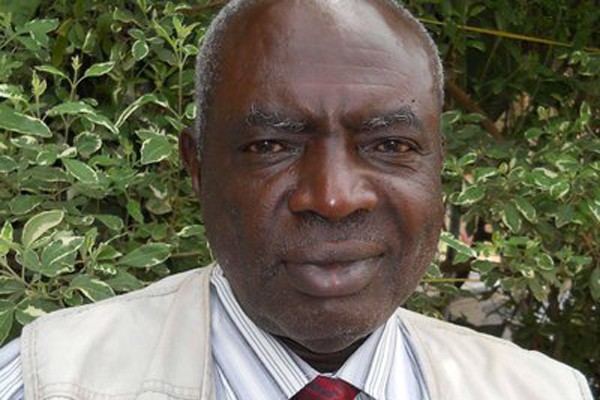Prime
Use pesticides and herbicides carefully

Michael J Ssali
What you need to know:
- This speaks to the need for the Ministry of Agriculture Animal Industries and Fisheries (MAAIF) and National Environment and Management Authority (NEMA) to teach farmers how to apply agrochemicals on crops and how to dispose of empty containers.
Some of the ideas in this article are derived from another article authored by Michelle Miller and published in the digital newsletter “Genetic Literacy Project” (November 30, 2021) to which she regularly contributes. There is growing concern about the use of pesticides and herbicides in agriculture following reports of their mindless application on food crops.
It is generally feared that farmers are producing food contaminated with chemicals sprayed on them in the process of production. A study titled: “Pesticide use in Uganda – Perspectives for Human and Environmental Health” conducted by Dr Aggrey Atuhaire and Dr D K Sekimpi revealed that a total of eight different pesticide residues were found in tomatoes randomly collected from smallholder farms in all the four geographical regions of Uganda.
“Of concern was Mancozeb (a Dithiocarbamate contact fungicide) which was found in much higher concentrations than the rest in detectable levels for all the samples from the farm and market,” reads the study report. The report reveals that almost all the 86 water sources sampled across the country had at least one detectable concentration of a pesticide residue.
This speaks to the need for the Ministry of Agriculture Animal Industries and Fisheries (MAAIF) and National Environment and Management Authority (NEMA) to teach farmers how to apply agrochemicals on crops and how to dispose of empty containers. As consumers we are at risk of developing health complications arising from the poisons we unknowingly take in with our food.
However, as Michelle Miller has pointed out, if farmers did not use pesticides to protect their crops up to 80% of the world’s food production could be lost. “They are a valuable tool that sometimes needs to be looked at in a different light,” she says. As any farmer growing crops like tomatoes and Irish potatoes in Uganda will tell you it is almost impossible to grow the crops without using pesticides.
When someone wants to grow food on virgin land it is usually quite difficult to remove existing vegetation and pests without the use of herbicides and pesticides. Michelle further argues that agrochemicals help farmers to grow more food with fewer resources in real time. “They help us protect our fruits, vegetables, and grains from competition with weeds which yield greater harvests and the use of agrochemicals helps to protect these crops from insect pests, fungus and diseases.”
Mr Michael Ssali is a veteran journalist,



